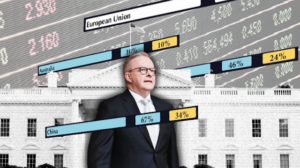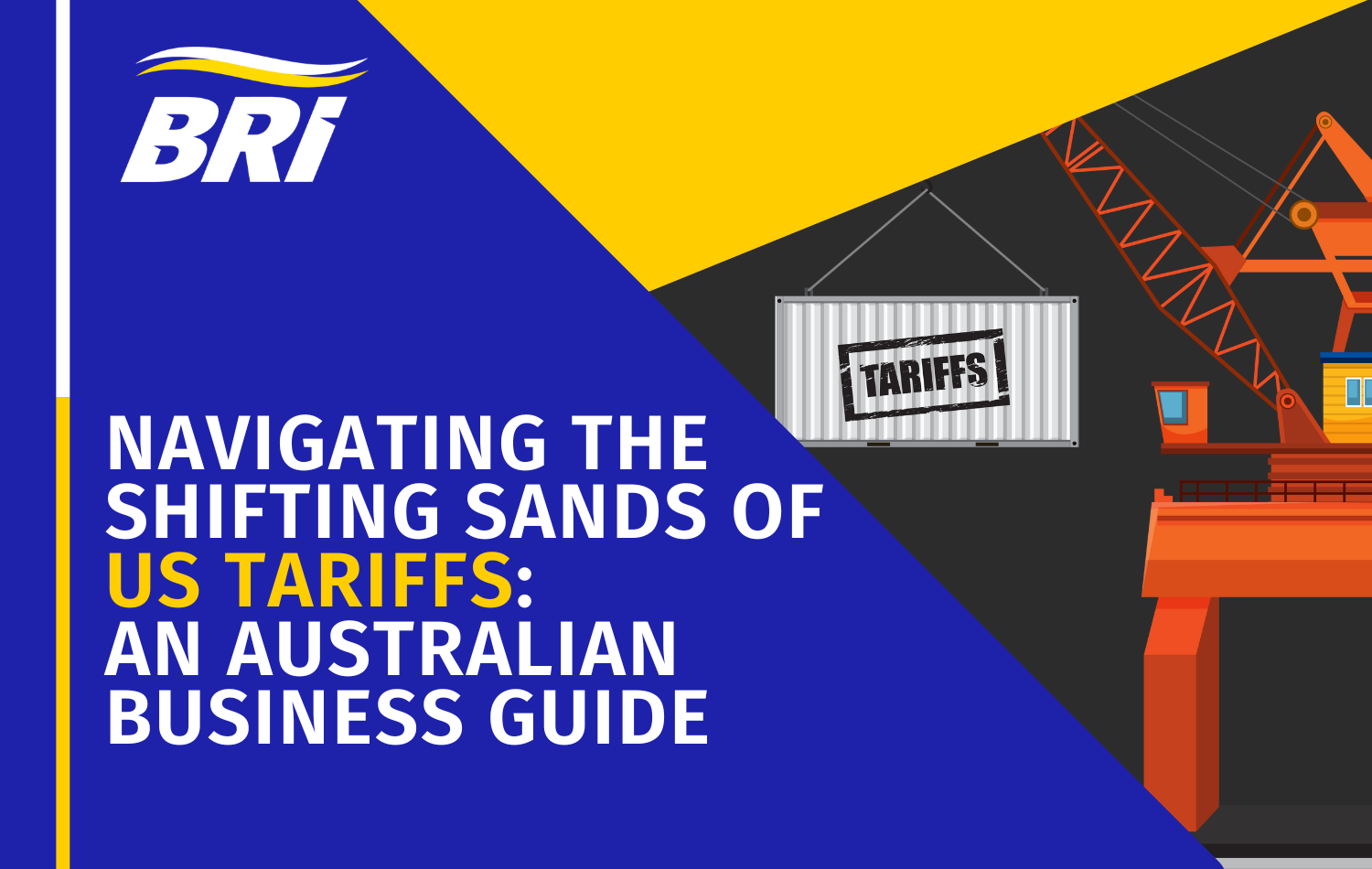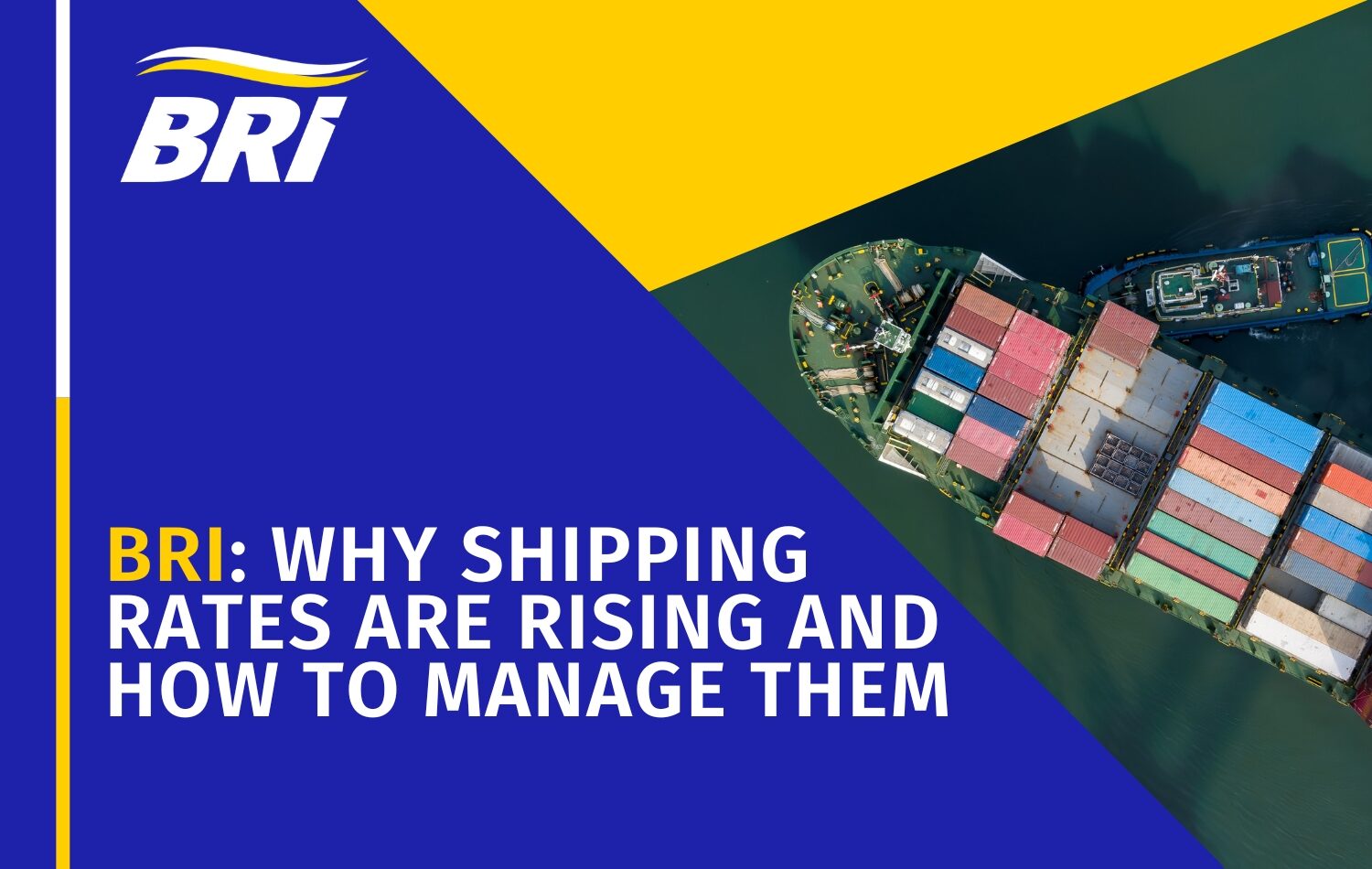You’ve probably seen the headlines: “US Tariffs Up Again,” “Trade Wars Escalating.” It’s easy to feel a sense of unease. But what if these changes weren’t just a threat? What if they were also a catalyst for smarter, more resilient business strategies?

At BR International, we believe in turning challenges into opportunities. So, let’s break down what’s happening with US tariffs, how they impact Australian exporters, and how you can not only weather the storm but also emerge stronger.
Tariffs 101: A Quick Refresher
In simple terms, tariffs are taxes imposed on imported goods. They’re designed to protect domestic industries by making foreign goods more expensive. However, they can also lead to increased costs for businesses and consumers, and they can disrupt global supply chains.
Tariffs Are Back in the Spotlight
The US has recently implemented a series of tariff changes, creating ripples across the global trade landscape. While it’s crucial to stay informed about the specifics, the broader trend is clear: businesses need to be prepared for increased volatility and protectionist measures.

The Challenges
For Australian businesses exporting to the US, these tariff changes present several challenges, demanding a proactive and informed response.
-
Increased Competitive Pressure: It’s important to clarify that the US tariffs are imposed on US importers, not directly on Australian exporters. However, these tariffs increase the cost for US importers, which can squeeze their profit margins and put pressure on pricing agreements with Australian suppliers. This makes Australian exports less competitive compared to US-made goods.
-
Potential for Reduced Demand: As US importers face higher costs due to tariffs, they may reduce their orders from Australian exporters or seek alternative suppliers in countries with lower tariffs. This can lead to decreased demand for Australian goods in the US market.
-
Uncertainty and Market Volatility: The ever-changing nature of tariff policies creates uncertainty, making it difficult for Australian businesses to plan and invest confidently. Fluctuations in tariff rates and trade relations can make forecasting demand, setting prices, and managing production a significant challenge. Businesses need to be prepared for rapid adjustments and potential shifts in the competitive landscape.
The Opportunities
But here’s the good news: with the right strategies, Australian exporters can not only overcome these challenges but also unlock new opportunities:
-
Leverage Relative Competitiveness: While US tariffs create challenges, it’s important to remember that they often apply to goods from many countries. In some cases, Australian exporters may be in a relatively advantageous position compared to exporters from countries facing even higher tariffs. This can be leveraged to maintain or even increase market share.
-
Focus on Value and Differentiation: Australian exporters can focus on the unique value proposition of their products and services. By emphasising quality, reliability, innovation, and strong customer relationships, they can differentiate themselves from competitors and justify their pricing.
-
Diversify Export Markets: While the US market is important, Australian exporters can reduce their reliance on it by diversifying their export markets. Exploring opportunities in other countries can help mitigate the impact of US tariff changes.

How BR International Can Help You Navigate the Changes
At BR International, we understand the complexities of international trade and the challenges posed by tariff changes. We’re more than just a logistics provider; we’re a strategic partner dedicated to helping your business thrive in a dynamic global market.
Here’s how we can help Australian exporters:
-
Trade Compliance & Customs Advice: Our expert team provides up-to-date guidance on US tariff regulations, customs procedures, and compliance requirements, ensuring your business stays on the right side of the law and avoids costly penalties.
-
Supply Chain Strategy: We work with you to design and implement resilient export strategies that minimise risk, optimise costs, and maximise efficiency. This includes exploring alternative logistics solutions, managing inventory effectively, and adapting to changing market conditions.
-
Logistics That Adapt Fast: In a rapidly changing trade environment, agility is key. BR International offers flexible logistics solutions that can adapt to shifting market conditions and ensure your goods move smoothly and efficiently.
As Aaron Poole, co-founder and director of BR International, puts it, “We understand that each country has different needs. We tailor our services to meet customer expectations, ensuring that our logistics solutions are fit for purpose, scalable and flexible.”
We’ve helped countless businesses navigate complex trade environments.
BRi Logistics can help you!
Don’t let tariff changes hold your business back. Instead, see them as a catalyst for growth and innovation.
Talk to our trade experts today to stay ahead of change and discover smarter pathways for your business. Visit our contact page to get started: https://www.brint.com.au/contact



